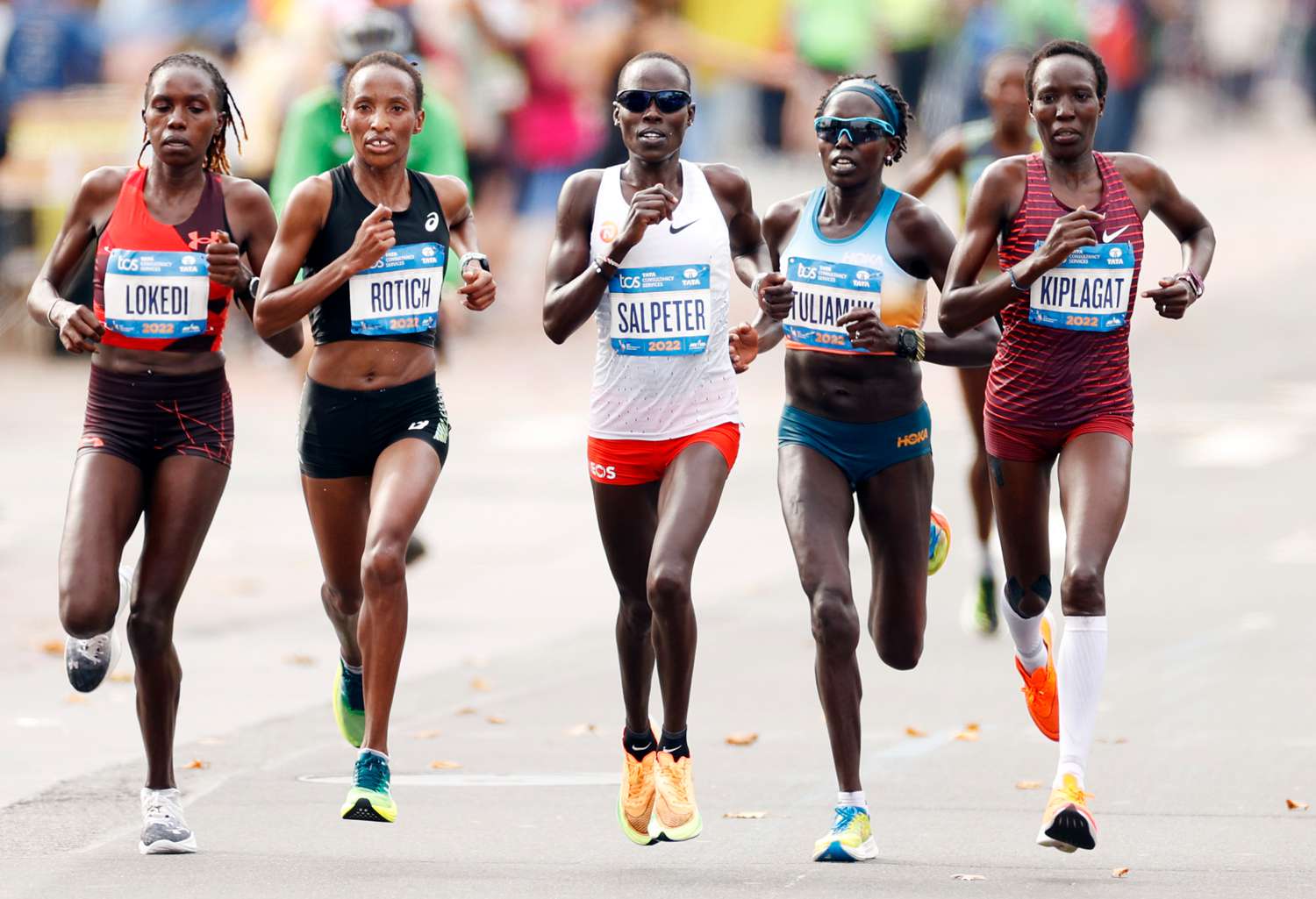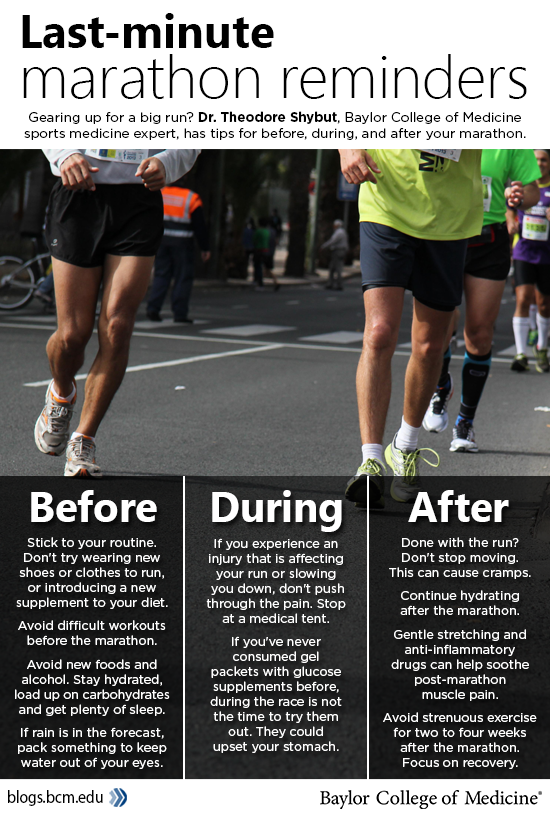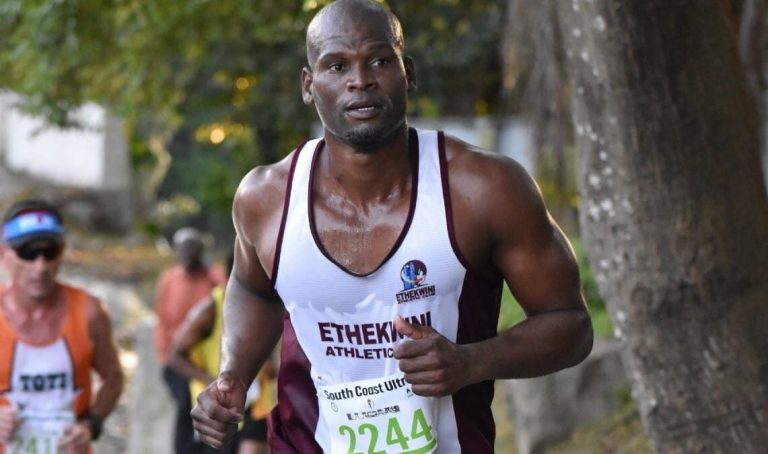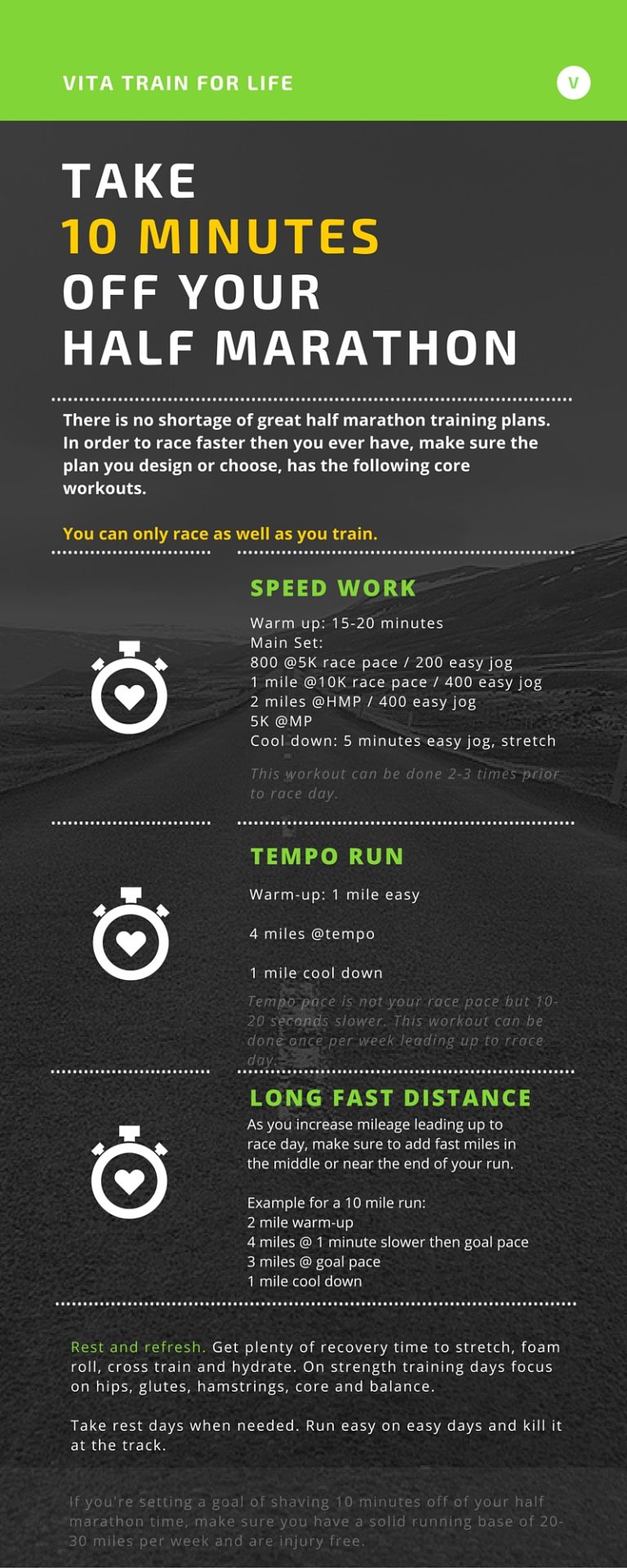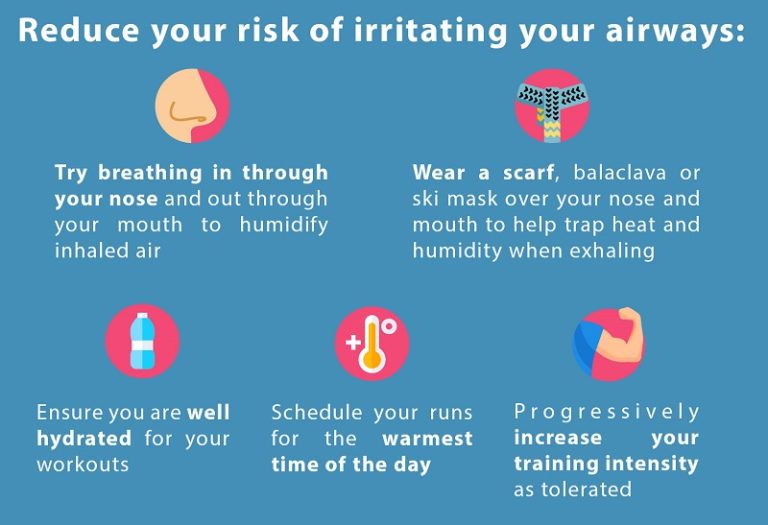Can You Track Marathon Runners?
Yes, marathon runners can be tracked using various methods such as GPS tracking devices and timing chips. Marathon races have become increasingly popular over the years, attracting runners from all walks of life.
Whether it’s a small local race or a major international marathon event, many participants, organizers, and spectators are interested in tracking the progress of individual runners. Fortunately, technology has made it easier than ever to keep tabs on marathon participants.
By using GPS tracking devices or timing chips, race organizers and spectators can accurately track each runner’s progress and provide real-time updates on their position and time. This not only adds to the excitement of the race but also ensures the safety and well-being of the runners. We will explore the different methods used to track marathon runners and how they have revolutionized the sport.

Credit: www.nytimes.com
Challenges Of Tracking Marathon Runners
The process of tracking marathon runners poses several challenges that must be addressed to ensure accurate and reliable monitoring. From limitations of GPS technology to interruptions in signal reception, the hurdles faced in tracking marathon runners demand effective solutions for an optimal tracking experience.
Limitations Of Gps Technology
GPS tracking technology, while groundbreaking, has its limitations. In densely populated urban areas, tall buildings and structures can obstruct the GPS signal, leading to inaccurate tracking data. Furthermore, runners in tunnels or underpasses may experience signal loss, making it difficult to maintain consistent tracking throughout the entire course. These limitations highlight the need for alternative tracking methods to overcome the shortcomings of GPS technology.
Interruptions In Signal Reception
Signal interruptions can occur due to various factors such as inclement weather, electromagnetic interference, and device malfunctions. Heavy rainfall, thunderstorms, or extreme weather conditions can disrupt the GPS signal, affecting the real-time tracking of marathon runners. Moreover, electronic devices carried by runners may encounter technical issues, leading to signal loss and hindering the accurate tracking of their progress. Overcoming these interruptions in signal reception is crucial to ensuring continuous and reliable monitoring throughout the entire marathon event.
Available Tracking Technologies
When it comes to tracking marathon runners, there are several available technologies that have revolutionized the way race organizers and spectators can stay connected with the participants. These tracking technologies provide real-time updates on the runners’ progress, allowing supporters to cheer them on and keeping the race organizers informed. In this article, we will explore two commonly used tracking technologies – GPS Trackers and RFID Tags.
Gps Trackers
GPS (Global Positioning System) trackers have become widely used in various applications, including marathon tracking. These compact devices use a network of satellites to determine the precise location of the runners at any given moment. By attaching a GPS tracker to a runner’s wrist or shoe, race organizers can accurately track their progress throughout the course.
The benefits of using GPS trackers in marathon tracking are numerous. Firstly, it allows race organizers to provide real-time updates on the runners’ positions and times. Spectators, both on-site and remote, can access this information through dedicated websites or mobile apps. This ensures that supporters never miss a moment and can plan their cheering points accordingly.
Secondly, GPS trackers provide an extra layer of safety for the runners. In case of an emergency or medical issue, race organizers can quickly locate the affected runner and provide the necessary assistance. This enhanced level of security is invaluable in ensuring the well-being of participants.
Rfid Tags
RFID (Radio Frequency Identification) technology is another popular choice for marathon tracking. RFID tags are small electronic devices that can be attached to a runner’s bib or shoelaces. These tags contain a unique identification number that can be detected by RFID readers placed along the race course.
One of the significant advantages of RFID tags is their ability to automatically track and record a runner’s time at various checkpoints without the need for manual intervention. As the runners pass each reader, their identification number is logged, allowing race organizers to generate accurate split times and overall race results.
Moreover, RFID technology enables race organizers to enforce fair competition by detecting any attempts at cheating or shortcutting the course. The data collected from RFID tags also enables precise tracking of individual runners’ progress, highlighting their achievements and milestones along the way.
In conclusion, both GPS trackers and RFID tags have revolutionized marathon tracking, providing real-time updates on the runners’ progress and enhancing the overall race experience for both participants and supporters. These technologies have elevated the level of safety, accuracy, and excitement in marathon events, making them a game-changer in the world of endurance sports.
Benefits Of Tracking Runners
Tracking marathon runners has become an essential tool for both race organizers and spectators alike. By utilizing technologically advanced tracking devices, it is now possible to monitor a runner’s progress in real-time, providing numerous benefits in terms of enhanced safety measures and overall race experience.
Enhanced Safety Measures
One of the most important advantages of tracking marathon runners is the ability to implement enhanced safety measures. With real-time tracking, race organizers can closely monitor each participant’s whereabouts, ensuring faster response times in case of emergencies or medical incidents. By having immediate access to a runner’s location, quick actions can be taken to prevent potential accidents and ensure the safety of every participant.
Real-time Monitoring
Real-time monitoring is a game-changer when it comes to tracking marathon runners. With the help of GPS-enabled tracking devices, spectators can keep tabs on their favorite runners every step of the way. Whether it’s following a loved one’s journey from the comfort of home or cheering them on at strategic locations along the race course, real-time monitoring fosters a deeper connection between runners and their supporters. It also allows for the timely adjustment of race strategies and tactics, enabling participants to make informed decisions based on accurate and up-to-date information.
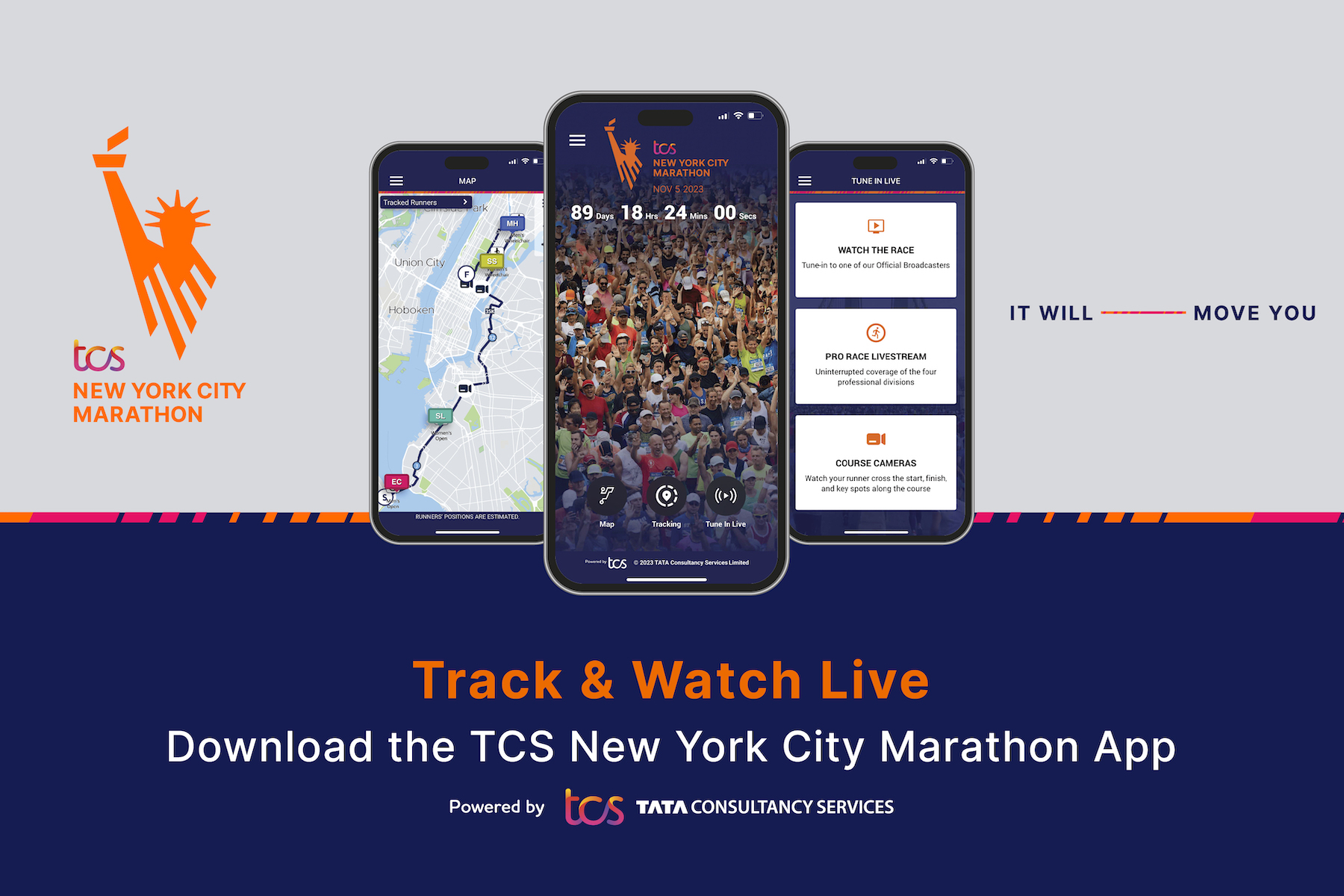
Credit: www.nyrr.org
Ethical Considerations In Runner Tracking
When it comes to tracking marathon runners, ethical considerations play a crucial role in ensuring the balance between monitoring the athletes’ progress and respecting their privacy. Runner tracking technology has brought convenience for both the participants and their supporters, but it also raises significant privacy and data security concerns.
Privacy Concerns
For marathon runners, privacy concerns arise from the detailed information that can be gathered, including their exact location and performance metrics. Sharing such personal data could make them vulnerable to various risks, such as stalking or identity theft. This is particularly true if the information falls into the wrong hands.
Data Security Issues
With the collection and storage of sensitive data, there are inherent risks of data breaches and unauthorized access. Runners could be exposed to potential harm if their data is not adequately protected. Therefore, stringent measures must be implemented to secure the tracking systems and uphold the runners’ right to data privacy.
Future Trends In Runner Tracking
Introduction:The field of marathon runner tracking is witnessing rapid advancements, paving the way for futuristic innovations to enhance the spectator and runner experience. Let’s dive into the emerging trends that are shaping the landscape of runner tracking technology.
Integration of Wearable DevicesIntegration Of Wearable Devices
Wearable devices like smartwatches and fitness trackers are revolutionizing the way we track marathon runners. These devices offer real-time data insights during races.
Advanced Data AnalyticsAdvanced Data Analytics
Utilizing advanced data analytics techniques allows us to delve deep into the performance metrics of marathon runners, enabling more precise tracking and analysis.
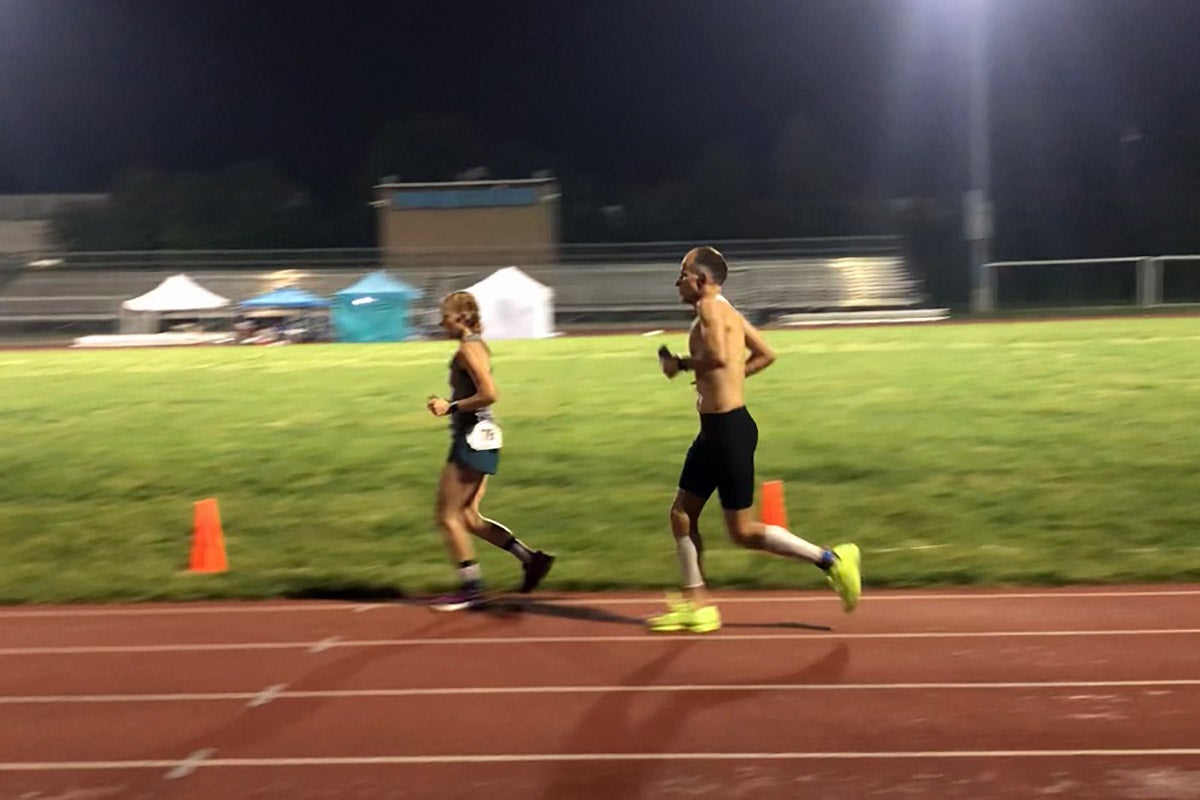
Credit: slate.com
Frequently Asked Questions Of Can You Track Marathon Runners
How Do You Track Someone Running A Marathon?
You can track someone running a marathon using GPS tracking apps or the event’s official website.
Is There An App To Track Marathon Runners?
Yes, there are apps available to track marathon runners in real-time. These apps provide live tracking and progress updates for both runners and spectators. Using GPS technology, they allow users to monitor a runner’s location, pace, and predicted finish time.
How Do I Track Someone In The New York Marathon?
To track someone in the New York marathon, use the official marathon website or app. Enter the person’s name or bib number to see their progress and location on the race course. Stay updated by refreshing the page or app regularly during the race.
Conclusion
Tracking marathon runners has become an essential aspect of the sport, offering both participants and spectators valuable insights and information. With the advancements in technology, tracking tools have evolved to provide real-time data and a more immersive experience. Whether you’re a seasoned runner or a curious observer, tracking capabilities have revolutionized the marathon experience for everyone involved.

